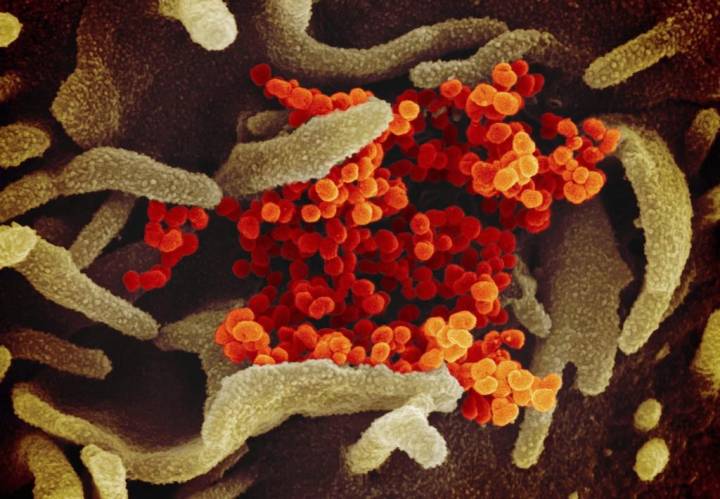William Fullard, Fullard Mayer Morrison, South Africa
State of disaster
On 15 March 2020, the Minister of Cooperative Governance and Traditional Affairs declared a national state of disaster in terms of section 27 (2) of the Disaster Management Act No 57 of 2002, as a response to the COVID-19 pandemic. The national state of disaster is managed by issuing disaster management regulations and directives.
Lockdown
On Friday, 27 March 2020, South Africa went into a 21-day period of lockdown, scheduled to expire at midnight on Thursday,16 April 2020. During the lockdown period, all inhabitants are in principle confined to their places of residence and may only leave their homes to seek medical assistance or to purchase essential goods. All public gatherings other than for funerals are prohibited. During the lockdown period, all businesses other than those supplying or selling essential goods, or providing essential services, are closed (although those who can, may of course work remotely).
Essential goods
The regulations published in terms of the Disaster Management Act by and large confine essential goods to foodstuffs; non-alcoholic beverages; cleaning and hygiene products; medicine; hospital supplies; and fuel.
Essential services
The regulations published in terms of the Disaster Management Act make provision for an extensive list of essential services.
Companies providing essential services are required to register as such and are issued with an operating certificate. Employees involved in providing essential services who are required to travel to their place of work must be issued with a permit by their employer, signed by its chief executive officer.
Of interest to the freight community are the following essential services: production and sale of essential goods; services related to the essential functioning of the courts; essential services by the South African Revenue Service; postal services and courier services for the transport of medical products; air-traffic navigation; the Civil Aviation Authority; cargo shipping and dockyard services; gold, coal and essential mining; production, manufacturing, supply, logistics, transport, delivery, critical maintenance and repair in relation to the rendering of essential services, including components and equipment; and transport and logistics of essential goods to neighbouring countries.
Public Transport
All commuter (passenger) transport services, including passenger rail, bus, taxi, e-hailing, cruise and air passenger services, are in principle prohibited for the period of the lockdown.
Borders
All borders are closed for the period of the lockdown, except for the movement of essential goods.
Commercial Ports
Terminals will continue to operate, although at reduced capacity. Shipping lines are required to submit mandatory import evacuation plans prior to berthing. The loading and off-loading of cargo is permitted. Essential cargo will be prioritized. Cargo from certain countries will be sanitized. Only essential cargo is permitted to be transported. However, non-essential cargo already en route to South Africa will be permitted to be off-loaded, on the assumption that all vessels will be carrying both essential and non-essential goods. Shipping lines / freight forwarders are responsible for moving containers to a depot or bonded warehouse within the free period. What is currently uncertain is whether it will be permissible to remove non-essential cargo to a depot outside the port area, for storage.
International airports
The loading and off-loading of cargo is permitted. Cargo from certain countries will be sanitized. Only essential cargo is permitted to be transported. What is currently uncertain is whether it will be permissible to remove non-essential goods to a depot outside the airport area, for storage.
Rail
The transport of essential cargo is permitted.
Customs (South African Revenue Service)
Customs declarations will be processed as normal, and goods (both essential and nonessential) will be released. The physical inspection of goods will continue in customscontrolled facilities, with priority given to essential goods.
Road
The transport of essential cargo is permitted. Transporters require a letter, signed by the chief executive officer of the customer, explaining why the goods are essential, providing collection and delivery addresses.
Concluding remark
The situation is fluid, and fraught with uncertainty. Regulations, and statements, sometimes conflicting, continue to be issued daily.

